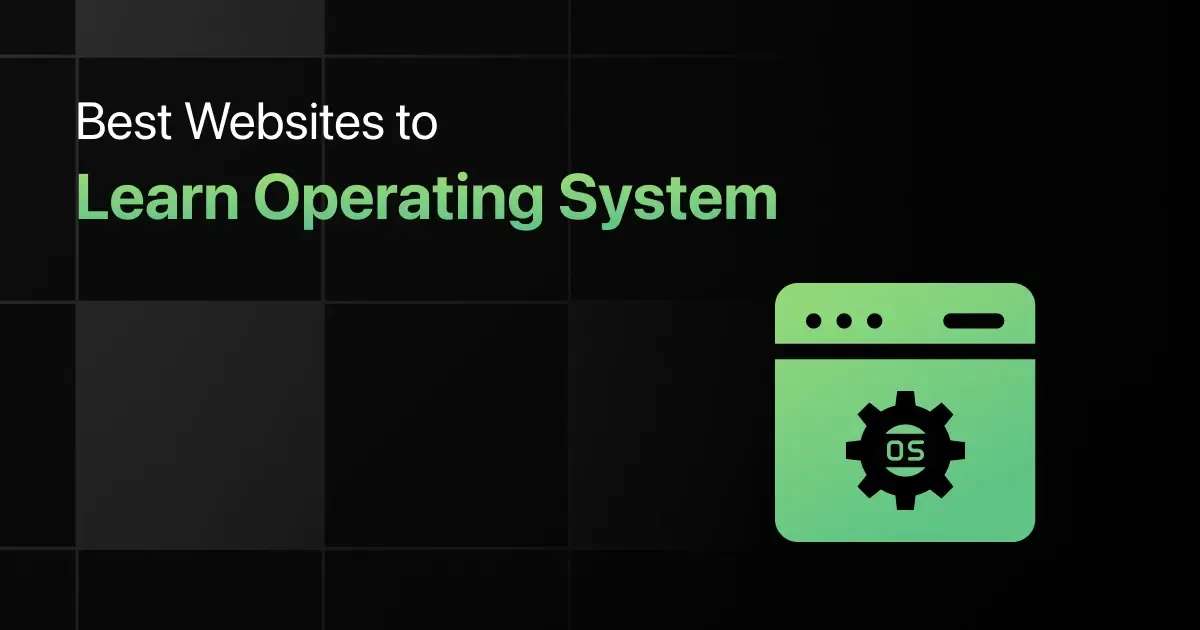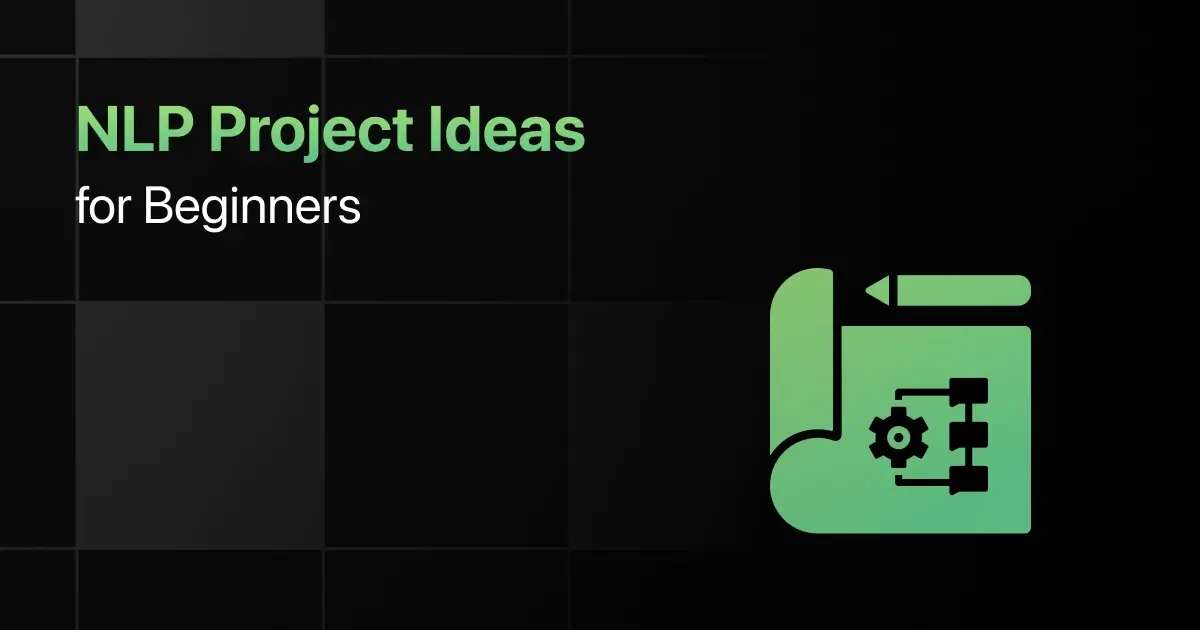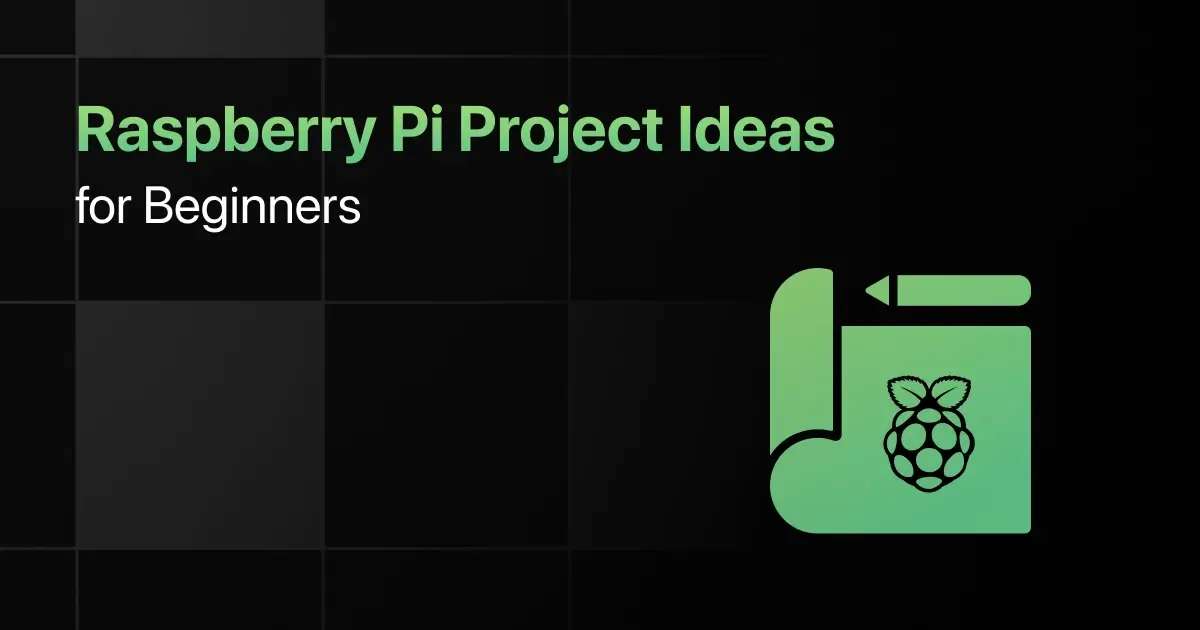Best Websites to Learn Operating System

Ever been curious about how operating systems work and want to learn more without spending a rupee?
Dive into the core of computing with the best websites to learn Operating Systems for free, where you can explore the intricacies of OS design and functionality at no cost.
9 Best Websites for Operating System – Overview
Here’s an overview of the top 9 websites to learn OS (Operating Systems):
| S.No. | Website Name | Course Duration | Pricing | Certification | Website Link |
|---|---|---|---|---|---|
| 1 | GUVI | 4 hours | Paid | Yes | Visit Now |
| 2 | Coursera | 33 hours | Freemium | Yes | Visit Now |
| 3 | Udacity | Self-paced | Free | No | Visit Now |
| 4 | edX | 6 weeks | Freemium | Yes | Visit Now |
| 5 | Linux Foundation | 60 hours | Freemium | Yes | Visit Now |
| 6 | Educative | 40 hours | Paid | Yes | Visit Now |
| 7 | Tutorialspoint | Self-paced | Free | No | Visit Now |
| 8 | Microsoft Docs | Self-paced | Free | No | Visit Now |
| 9 | Ops-Class.org | Self-paced | Free | No | Visit Now |
Best Websites to Learn Operating System for Beginners
Below is the list of best websites to learn Operating systems for beginners:
1. GUVI
GUVI’s Mainframe course offers an in-depth exploration of mainframe architecture, operating systems like z/OS, and programming languages such as COBOL and PL/I.
It’s designed to provide expertise in database management systems like DB2 and covers aspects of mainframe security and application development.
Course Diversity: The course covers a wide array of mainframe-related topics, including dataset commands, FTP protocols, and File Manager intricacies.
It ranges from fundamental concepts to advanced techniques in mainframe computing, enabling learners to develop, maintain, and administer real-time mainframe applications effectively.
Pricing: INR 1499
Certifications: Globally recognized certification issued by GUVI, an IIT-M incubated company
Language Options: English
Course Duration: 4 hours
2. Coursera
This course, offered by Google, provides learners with a comprehensive understanding of operating systems and how to become a power user.
It includes video lectures, demonstrations, and hands-on practice, focusing on the main components of operating systems like managing software and users, configuring hardware, and troubleshooting issues.
Course Diversity: Topics covered include navigating the Windows and Linux filesystems, setting up users and permissions, managing software, configuring disk partitions and filesystems, process management, and using system logs and remote connection tools.
Pricing: Free to Enroll
Certifications: Shareable certificate
Language Options: English
Course Duration: 33 hours
3. Udacity
Udacity’s “Introduction to Operating Systems” course teaches the basic operating system abstractions, mechanisms, and their implementations.
This course is designed to provide a comprehensive understanding of how operating systems work, focusing on key concepts and practical skills.
Course Diversity: The course covers various aspects of operating systems, including process and thread management, concurrency, memory management, inter-process communication, I/O management, virtualization, distributed systems, and more. It also includes practical lessons on Powershell, Linux File Systems, and Command-Line Interface usage.
Pricing: Free
Certifications: Nil
Language Options: English
Course Duration: Self-paced
4. edX
The “IBM: Hardware and Operating Systems” course on edX focuses on developing skills for installing and setting up operating systems, along with gaining expertise on hardware components like motherboards, CPUs, hard drives, and more.
It’s designed for those new to IT, providing foundational knowledge critical for technical support or software development roles.
Course Diversity: The course covers a range of topics, including computing fundamentals, hardware components and peripherals, interfaces, internal computer components, and workstation setup and troubleshooting.
Pricing: Free to Enroll
Certifications: Certificate of completion
Language Options: English
Course Duration: 6 weeks
5. Linux Foundation
The “Introduction to Linux” course by the Linux Foundation is a comprehensive training program designed to develop a good working knowledge of Linux. It focuses on both the graphical interface and command line across major Linux distribution families.
Course Diversity: The course covers a wide range of topics essential for understanding and navigating Linux. These include Linux philosophy and concepts, system startup, graphical interface, system configuration, common applications, command line operations, Linux documentation, processes, file operations, text editors, network operations, and basic shell scripting.
Pricing: Free to Enroll
Certifications: Optional Paid Certificate of Completion
Language Options: English
Course Duration: 60 hours
6. Educative
This course on Educative dives deep into the three main concepts of operating systems: virtualization, concurrency, and persistence. It’s designed to lay a solid foundation for understanding how operating systems function.
Course Diversity: The course comprehensively covers CPU virtualization and memory, including CPU scheduling, process virtualization, and API virtualization. It then moves on to concurrency concepts, focusing on locks, semaphores, and troubleshooting concurrency bugs like deadlocks.
The course also provides hands-on practice with persistence through I/O devices and file systems.
Pricing: Educative subscription plan
Certifications: Certificate of completion
Language Options: English
Course Duration: 477 lessons spanning 40 hours
7. Tutorialspoint
The “Operating System Tutorial” on TutorialsPoint provides a comprehensive guide to understanding operating systems.
It covers a wide range of concepts like process management, CPU scheduling algorithms, deadlock, multi-threading, memory management, I/O, disk management, interrupts, file systems, and hardware management.
Course Diversity: This tutorial covers various aspects of operating systems, starting with an overview and moving through topics such as process scheduling, scheduling algorithms, memory management, I/O hardware and software, file systems, security, and more.
Pricing: Free
Certifications: Nil
Language Options: English
Course Duration: Self-paced
8. Microsoft Docs
The Windows Documentation on Microsoft Learn serves as a comprehensive resource for application developers, hardware developers, and IT professionals.
It offers in-depth information on designing, developing, and deploying applications and solutions for Windows PCs and other devices.
Course Diversity: The platform covers a broad spectrum of topics relevant to Windows, including application development for Windows, hardware development and device driver deployment for Windows PCs and devices, Windows client management for IT pros, including evaluation, planning, deployment, security, and management of Windows 10 and Windows 11, Windows Server for IT pros, focusing on connected applications, networks, and web services, Windows for IoT, emphasizing the creation of IoT solutions with secure and manageable devices.
Pricing: Access to the Windows Documentation on Microsoft Learn is free, offering a wealth of information at no cost.
Certifications: Nil
Language Options: English
Course Duration: Self-paced
9. Ops-Class.org
ops-class.org is an online resource dedicated to teaching operating systems (OS). It provides comprehensive materials, including slides, videotaped lectures, and sample exams, for learning OS concepts at one’s own pace.
Course Diversity: The platform offers a variety of learning materials, including challenging programming assignments that allow learners to implement their own operating systems.
Pricing: Free
Certifications: Nil
Language Options: English
Course Duration: Self-paced
Final Words
These websites are like your personal tech classrooms, offering in-depth knowledge and practical insights into various operating systems.
Keep checking this article as we will keep updating this space as more websites make space in the heart and study schedule of students preparing for placements and competitive exams.
Explore More Operating System Resources
Explore More Websites
- Python
- Java
- Coding
- C++
- C Programming
- SQL
- JavaScript
- Data Science
- HTML & CSS
- Web Development
- Data Structures and Algorithms
- AI & Machine Learning
- Ethical Hacking
- Android Development
- React JS
- Game Development
- Competitive Programming
- Digital Marketing
- Tableau
- DBMS
- R Programming
- PHP
- Cyber Security
- Excel
- Node JS
- Data Analytics
- Bootstrap
- Cloud Computing
- Angular
- RPA
FAQs
The best websites for learning operating systems are:
- GUVI
- Coursera
- Udacity
- edX
- Linux Foundation
GUVI, Coursera, Udacity, edX and Linux Foundation are some free Operating systems learning websites along with certifications.
You should choose a website for learning Operating systems because they offer flexibility and have a variety of learning resources. They cater to different learning styles with interactive tutorials, video lectures, and hands-on exercises.
You can choose the right website for learning Operating systems by considering factors like course content quality, learning style compatibility (videos, interactive exercises), instructor expertise, community support, and pricing.
Yes, beginners can effectively learn Operating systems through websites. Many platforms offer beginner-friendly courses that start with basics and gradually progress to more complex topics.
Yes, some websites like Coursera and Udemy provide Operating systems learning content in multiple languages and subtitles.
Related Posts



Golang Interview Questions
Are you preparing for your first Golang interview and wondering what questions you might face? Understanding the key Golang interview questions …
Warning: Undefined variable $post_id in /var/www/wordpress/wp-content/themes/placementpreparation/template-parts/popup-zenlite.php on line 1050





